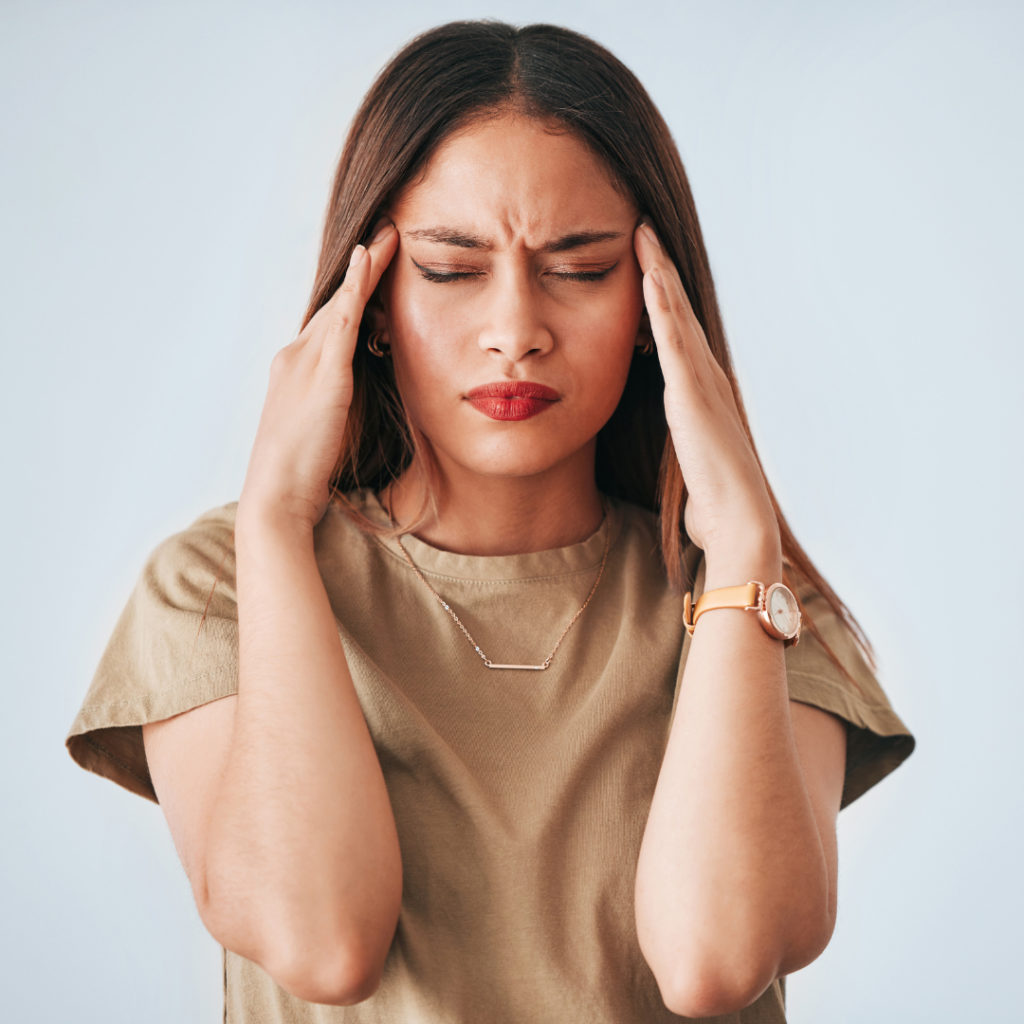Introduction
Anxiety attacks can be debilitating and overwhelming, making us feel powerless. But there are useful methods we can employ to take back control and lessen the severity of an anxiety attack. I’ll go over five effective techniques in this article to help halt an anxiety attack in its tracks. By putting these strategies into practice, you can build a toolkit to deal with anxiety attacks more resiliently and reclaim your composure. Combat anxiety attacks with proven methods. Discover how to stop anxiety attacks now for immediate relief. Take charge of your mental well-being.
Tip 1: Deep Breathing:
The physical and psychological signs of an anxiety attack can be quickly alleviated by deep breathing exercises and grounding methods. Breathing in slowly and deeply through your nose and out through your mouth is known as deep breathing. This triggers your body’s relaxation response and lowers your heart rate.
The 4 count breathing method, in which you breathe in for four counts and out for four counts, is my favourite deep breathing technique. I adore this approach because it allows you to calm down your breathing and divert your attention from your anxiety by having you count to four as you inhale and count to four when you exhale.
Tip 2: Ride the Wave of Anxiety:
When experiencing an anxiety attack, concentrate on the unpleasant emotion, such as fear or anxiety, that is present in your body, such as in your stomach or chest. Once the unpleasant sensation enters your body, give it your whole attention, breathe through it, and simultaneously smile with your palms open facing upright. Then, watch as the unpleasant emotion or feeling disappears. Your neurological system is persuaded by the body language additions that there is nothing to be afraid of, which causes your anxiety to subside.
The secret is to simply concentrate on the anxiety sensation itself rather than the anxious thinking that initially brought it on. As soon as you embrace a feeling, it quickly passes, and when it does, turn your attention elsewhere. When you “feel it” rather than “run from” anxiety, it may be a really powerful feeling.
Tip 3: Grounding
By concentrating on your senses, you can ground yourself in the here and now through the use of grounding practices. You can list, for instance, five objects that you can see, four objects that you can touch, three objects that you can hear, two objects that you can smell, and one object that you can taste. This keeps you anchored in the here and now and helps deflect your focus from worrying thoughts.
The tree grounding technique is one of my favourite methods for grounding. All you have to do is sit or stand with your feet planted on the ground and visualise the earth’s energy rising up through your foot soles and entering your body as you breathe in. When you exhale, visualise the earth’s roots anchoring you to the earth, preventing you from spiralling out of control and keeping you firmly grounded!
Tip 4: Developing Emotional Control
Emotional control training is another useful method for preventing an anxiety attack. It is typical to feel strong emotions like fear, panic, or frustration during an anxiety episode. Gaining control over these feelings and reducing the effects of an anxiety episode are two benefits of learning to control them. One method is “self-soothing,” which is comforting oneself with peaceful hobbies or items. This can involve doing things that make you happy, like colouring or drawing, or it can involve utilising stress balls, cuddling up with a cosy blanket, and listening to relaxing music. Regular self-care activities, including taking a warm bath, using aromatherapy, or doing light exercise, can further support relaxation and emotion regulation.
Tip 5: Seek Support:
Seeking support is essential during an anxiety episode. Never be afraid to seek support from family members, close friends, or mental health specialists. It might be relieving and consoling to express your feelings to someone who gets them. For more continuous assistance and direction in controlling anxiety attacks, think about attending support groups or going to therapy. Personalised coping methods and the identification of underlying triggers can both be facilitated by therapy. Remember that you don’t have to handle anxiety episodes by yourself and that asking for help is a show of strength.
Last Words…
If you need further assistance on how to stop anxiety attacks or how to stop anxiety thoughts – check out my “Relax & Release Worries” hypnosis service during which I can help you to feel calmer, less stressed and less anxious. To find out more – click this link Relax and Release Worries
I’m a clinical hypnotherapist with over 15 years of experience, and to date, I have helped over 100 clients from Poole, Bournemouth, Southampton, Bath, London, Bristol, the United States, and as far afield as New Zealand to overcome anxiety. Regardless of where you reside, I am fully equipped to assist you in the same manner so do get in touch if you need my hypnosis help too. Here is the link to my website www.alexsaxton.com and here is the link to my calendar if you would like to book a consultation wwww.alexsaxtoncalendar.as.me




